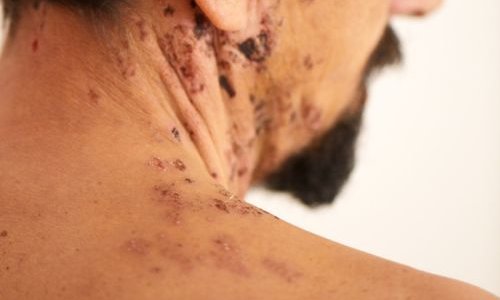BE PAID TO HELP BACTERIAL & VIRAL RESEARCH
If you are currently experiencing one of the infectious conditions listed on this page, you may qualify for PlasmaLab’s Infectious Disease Research Program and be compensated for your time. We ask that you submit an application as soon as possible after your diagnosis in order to participate in this program. Your plasma needs to be drawn while you are experiencing symptoms.
Because antibody levels from infectious disease are at their peak during the early stage of each disease, consecutive plasma donations will be scheduled close together, usually within the same week; typically, two plasma donations will be requested. Additional donations may be requested depending on your antibody levels. Questions? Call 425-258-3653. All screening appointments and plasma donations take place at our medical center in Everett, Washington.
DONORS MUST:
- Be medically diagnosed with one of the infections diseases listed on this page.
- Be currently experiencing symptoms.
- Live in Northwest Washington or can travel to Everett, Washington for appointments.
- Meet FDA & PLI requirements.
- Be able to come to our lab for multiple appointments if needed.
- Want to make a difference!
WHICH CONDITIONS ARE PART OF THE
VIRAL & BACTERIAL RESEARCH PROGRAM?








WHY SUPPORT THIS RESEARCH?
Symptoms from infectious diseases greatly impact home, school, and work life. Sometimes an infectious disease may develop into a challenging long-term or lifetime condition. The antibodies your body develops in response to an infectious disease are imperative to research. Infectious disease research has the potential for broad application around the world as novel diagnostic and therapeutic approaches are developed.
At PlasmaLab, we collect infectious disease antibodies for researchers around the world to support their efforts in learning more about each disease and in developing new and improved treatments.

